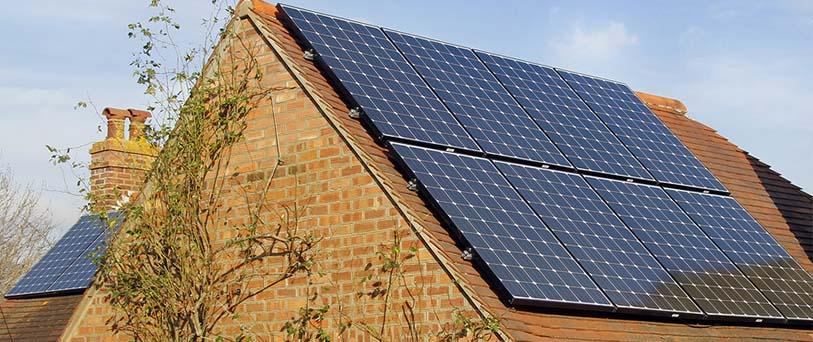A feed in tariff is a payment you can get if you generate your own electricity eg with solar panels or a wind turbine and you can also sell energy back to the grid.
Current feed in tariff for solar panels.
For an overview of the current incentives offered see our summary table below although the premium tariffs are no longer in place low solar pv system prices mean that they are no longer as important as they once were for solar to make.
Feed in tariffs are typically between 9 15c per kilowatt hour kwh but the rates vary in each state and are ultimately determined by your electricity retailer.
It s usually a set rate per kilowatt hour and paid as a credit on electricity bills.
A feed in tariff is a solar incentive that pays owners of distributed energy systems like solar a certain amount per unit of electricity sent to the grid.
Find out how to apply.
Please find the tariff tables for the current fit year below in the collapsible tables.
Solar feed in tariffs are a payment for the clean energy that your solar panels feed back into the grid.
There have been many changes to feed in tariff legislation in all states and territories over the past few years.
They are often fixed price incentives that are locked in over a contract period of 10 to 20 years providing property owners with distributed generation a long term stable incentive.
Feed in tariff scheme the feed in tariffs fits scheme closed to new applications on 31 march 2019.
A feed in tariff fit is a credit customers receive for any unused electricity that their solar power system sends back to the power grid.
Tariff rates are set by the department for business energy and industrial strategy beis.
The tariff rate tables for all installations have been determined and published in accordance with the feed in tariffs order 2012 as amended.
Important information about fits closure and future applications.
A solar feed in tariff is a credit you receive for excess solar power that your system generates and exports back to the grid.
Feed in tariffs are not paid out cash in hand rather they apply as a deduction on your regular bill.




























